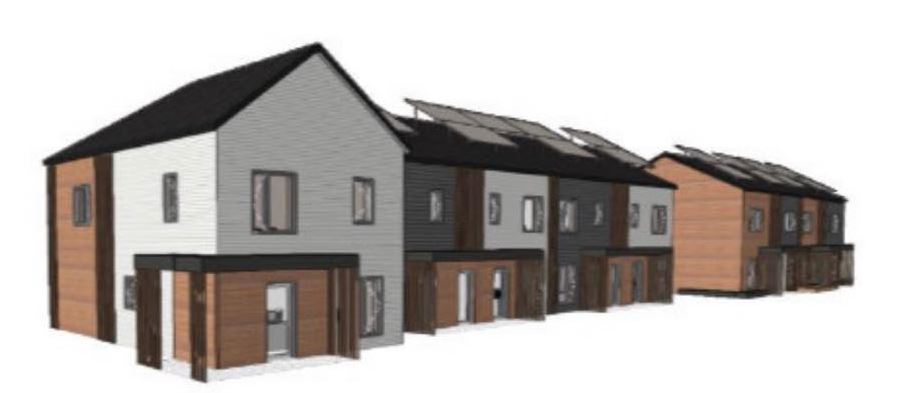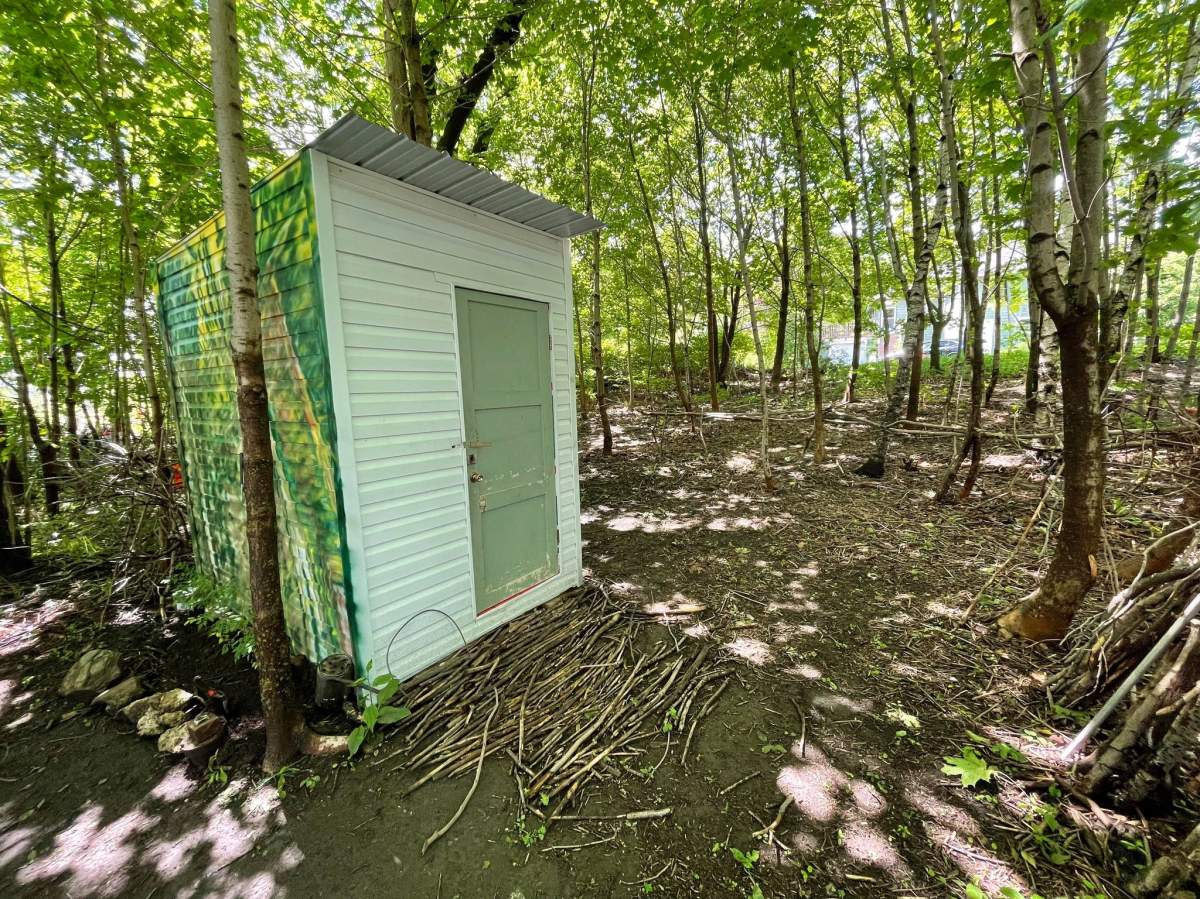Over the next 12 months, an estimated 43 new affordable housing units will be developed by non-profit housing organizations through the expansion of a federal program called the Rapid Housing Initiative (RHI).

“Halifax will have 60 days to submit an investment plan for what they intend to do with the $13 million dollars. So, that is an acknowledgment of some of the things we learned from the first round,” said Ahmed Hussen, the federal minister of families, children, and social development.
READ MORE: Three non-profit housing groups in Halifax approved for Rapid Housing Initiative
Hussen was in Halifax to announce the second round of the Rapid Housing Initiative that will allocate $13 million dollars to the Halifax Regional Municipality to directly increase affordable housing stock through non-market construction.
In the first round, non-profit housing organizations had less than 30 days to submit their application to the city for approval. A time crunch that many organizations weren’t able to meet. Now, applicants have until August 31 to submit their proposals and strict criteria like modular housing and converting existing properties into housing, are no longer required.
READ MORE: ‘Heartbreaking’: With municipal teardown imminent, volunteers dismantle 2 tiny Halifax shelters

Get breaking National news
Adsum is one of three community organizations that are in the process of constructing 52 new affordable housing units through the first round of RHI funding.
Lecker says government investments into non-market housing projects are crucial in addressing a lack of affordable housing stock that’s pushed people into desperate situations.
“In our view, if it’s not non-market housing, if it’s not provided by organizations like ours, that means that it’s truly affordable and protected as affordable forever — not just for the length of the time of the grant requirement — we’re never, ever, going to see change,” she said.
According to the province, as of July 6, there were 352 people seeking housing, which is 138 fewer than on Dec. 8, 2020.
Outreach workers have questioned whether the provincial method of tracking people who are homeless captures those who are sleeping rough, or outside.
A concern that a coalition of citizens took into their own hands in January, when they constructed and placed 14 wooden crisis shelters around Halifax and Dartmouth.
“We said July the 13th was our timeline by which we would like to have people moving out [of the shelters] but we’re not going to do what some places have done which is go in and forcefully remove people right away,” Mike Savage, the mayor of Halifax said.
READ MORE: Unhoused man living in woods says crisis shelters needed throughout HRM
Savage says he’s hopeful that the province and city will work with occupants to find alternate interim housing solutions to the crisis shelters they’re living in.
The coalition behind the shelters has stated that the remaining occupants feel safer in the wooden shelters than in short-term hotel stays being offered by the province.
Housing advocates have repeatedly stated that hotel stays aren’t always appropriate, or adequate for many people who are houseless because of a wide range of complex mental health and social challenges they often face.
Savage says he doesn’t want to provide an ultimatum to occupants to leave.
“Our intent is to work with people and find solutions. The parks and the public spaces belong to everybody so I don’t see this as a long-term solution but the answer has to be better options for people who are precariously housed,” he said.
Savage says he’s hopeful the second round of RHI funding will build more than the estimated 43 new units.










Comments
Want to discuss? Please read our Commenting Policy first.